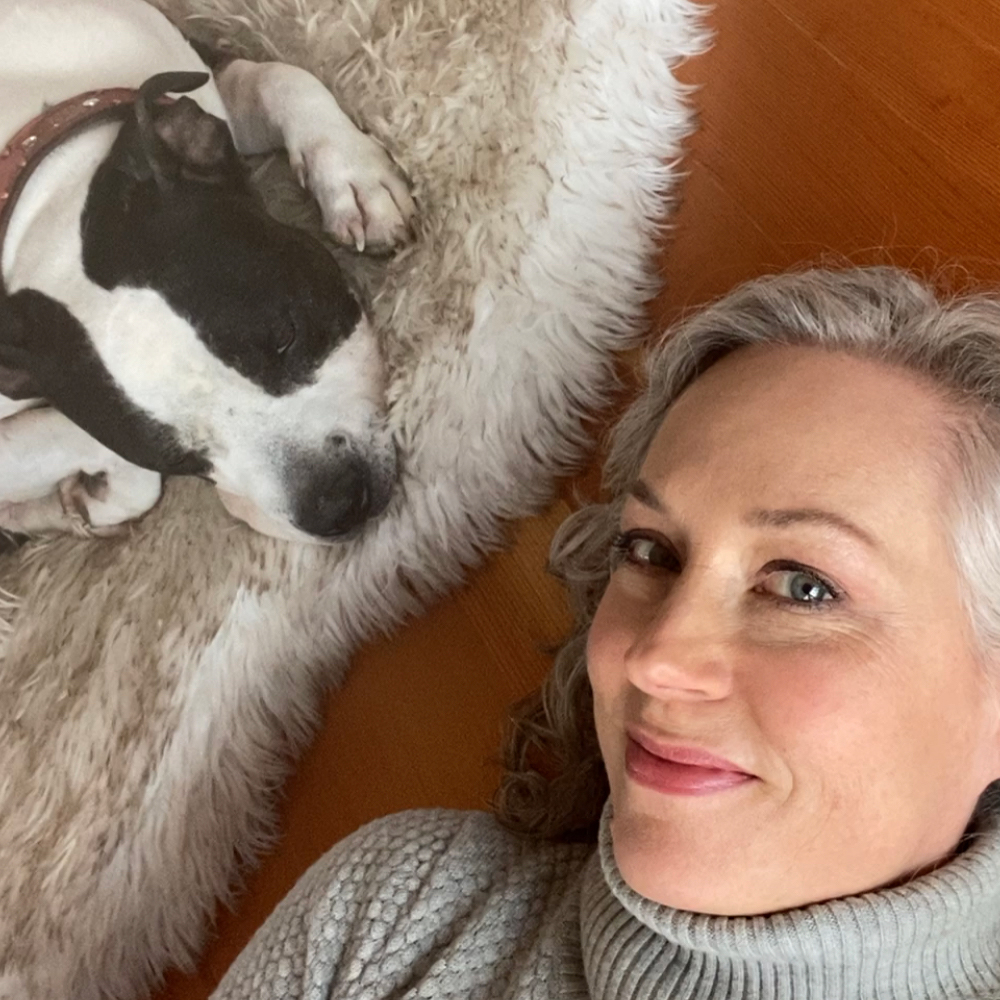Yesterday, I went home “almost sick.” You know that feeling: sudden-onset fatigue, a dull ache behind the eyes, scratchy throat, stuffy sinuses. Maybe some sniffles or the start of a cough, or some combination of all of the above.
It’s generally some host of annoying sensations that you clearly perceive but then promptly attempt to ignore. Because meetings, because deadlines, because schedule.
When you start to feel “off” like this, you often want to just lie down and close your eyes for a few hours. That would be the smart thing to do, because it would give your immune system a chance to deal with whatever is darkening your doorway.
But typically, we don’t do the smart thing. Instead, we push through. We grab an extra cup of coffee, maybe an aspirin. We buckle down and we just keep on going. Because meetings, because deadlines, because schedule.
Ah, yes, the almighty schedule — that precious schedule that will be utterly hosed anyway when you get really sick and have to stay home for days. Or you keep going into work anyway and infect your entire team, and then you collectively lose hundreds of productive human hours, trading them for hours of misery and waste.
In my experience, “pushing through” rarely works out to anybody’s advantage. Practically speaking, it doesn’t deliver great results, and psycho-spiritually speaking, it pushes you out of integrity. Because it amounts to spending energy and vitality you simply don’t have.
That’s why I went home “almost sick” yesterday afternoon. I could feel it coming on. A number of my teammates noticed it. One said she could hear it in my voice. So I canceled an afternoon meeting, and I left early. Because I just knew that if I didn’t get myself horizontal soon, it was going to cost me, and my team, bigtime.
In the days leading up to my “almost sick” episode, I’d been slogging through a lot: Clearing out my recently deceased father’s apartment and making arrangements for his memorial service; worrying about my sick dog; trying to keep up with a spate of writing and project deadlines.
Over the previous week, I’d flown across a few time zones. I’d skipped some meals. I’d skimped a bit on sleep. I’d had a couple extra glasses of wine. I’d done an unusually intense workout. I’d definitely neglected to take a lot of my daytime ultradian-rhythm breaks. (For more on those, see “All About Ultradian Rhythms.”)
And boom, I started getting sick.
No wonder. Research shows that any one of the above lifestyle factors can reduce your immunity, lower your resiliency, and impede your optimal biochemical and neurological functions.
Both physically and emotionally, there were plenty of good reasons for me to be feeling a bit run down, and for my immunity to ebb.
When I felt that first tickle-ache-sniffle-cough coming on, I knew it was my body’s way of telling me: “Hey, pay attention! Stand down and let us get some repair crews mobilized before things get out of hand.”
So on the way home, I picked up some fish and veggies for dinner. I drank a bunch of immune-boosting herbal tea, and then I spent the rest of the evening in super-low-key mode. I watched a lighthearted movie with a sweet friend. I went to bed early. And I woke up feeling way better.
I feel lucky to have dodged the bullet this time (and fortunate to have had the flexible schedule that I did). But I confess there have been many times I didn’t, or couldn’t — times that I chose to put my schedule ahead of my cell tissue, times I was compelled to keep pushing long after my body was telling me to stop.
And that’s how I learned the lesson of Revolutionary Act No. 13 (“Be Proactive”): the hard way.
You’ve probably learned the same lesson, and most of us just keep on relearning it throughout our lifetimes. Because meetings, because deadlines, because schedule. Because life.
There are times we can’t stop, or feel we can’t stop. There are times the urgency of our lives becomes unmanageable, untenable. And that is very often precisely when our bodies start breaking down.
They do this not because they are eager to fail us in our times of need, but because they want to be able to hang in there with us for the long haul, and they can see that the way we are rolling — breaking down faster than we can rebuild — is simply not going to get us there.
To be clear, I’m not saying you get sick only when you are doing things “wrong.” You can also get sick when you’re doing everything “right.” Either way, though, the sooner you notice your body’s first signs of duress and take compensatory, supportive, recovery-oriented action, the better your chances of bouncing back faster.
Here are some good ways to do that:
- Hone your attention. Start noticing little, niggling, peevish symptoms before they become big ugly ones. Low-grade fatigue, funny sensations, that sore feeling behind your eyes, that sense of a joint, muscle, or vertebra just a little out of whack? These are the body’s early warning lights. Noticing and acknowledging them doesn’t mean you are weak and prissy; it means you are observant, strategic, and attuned to reality.
- Be a partner, not a slave driver. Your brain and body are in business together for a lifetime, and the partnership has to work for both parts of you. If you are always “in your head” and insensitive to your body’s needs and preferences, your body is eventually going to resort to the tactics of the oppressed: violently revolt, shut down, or run away. None of these outcomes will be good for you. When you notice your body struggling, make a plan for how you will shift gears to accommodate its requests. OK, maybe you can’t drop everything and lie down right this minute. But what can you do?
- Get back to basics. The body’s natural, default state is one of health and well-being, and often, all it requires to get back to that state are some simple inputs: wholesome food, clean water, rest (sleep plus breaks), relaxation, physical movement, and supportive human connection. I’ll be covering all those in a few months when we get to Revolutionary Act No. 18 (“Focus on the Fundamentals”), but my point here is that proactivity pays off. Very often, if you can minimize avoidable irritants and stresses and just get more of those good things into your midst, your body can do healing wonders with a minimum of intervention.
I realize that all of this requires time, focus, and conscious choices. I realize that we all have a lot going on, and that when the rubber meets the road, it can feel like maintaining momentum at all costs — pushing onward even when our bodies are saying stop — is the right thing to do.
But if we were clearer about the “at all costs” repercussions before they hit us, I think we’d find another, better way more often than we do. And our bodies would thank us for it.
***
An earlier version of this post first appeared in my “Revolutionary Acts” column in Experience Life magazine.Want more life-shifting wisdom?
If you want to learn more about what I call “Preemptive Repair,” check out my book: The Healthy Deviant: A Rule Breaker’s Guide to Being Healthy in an Unhealthy World. You can get a free preview and find purchase links here. Thank you for supporting my work!



